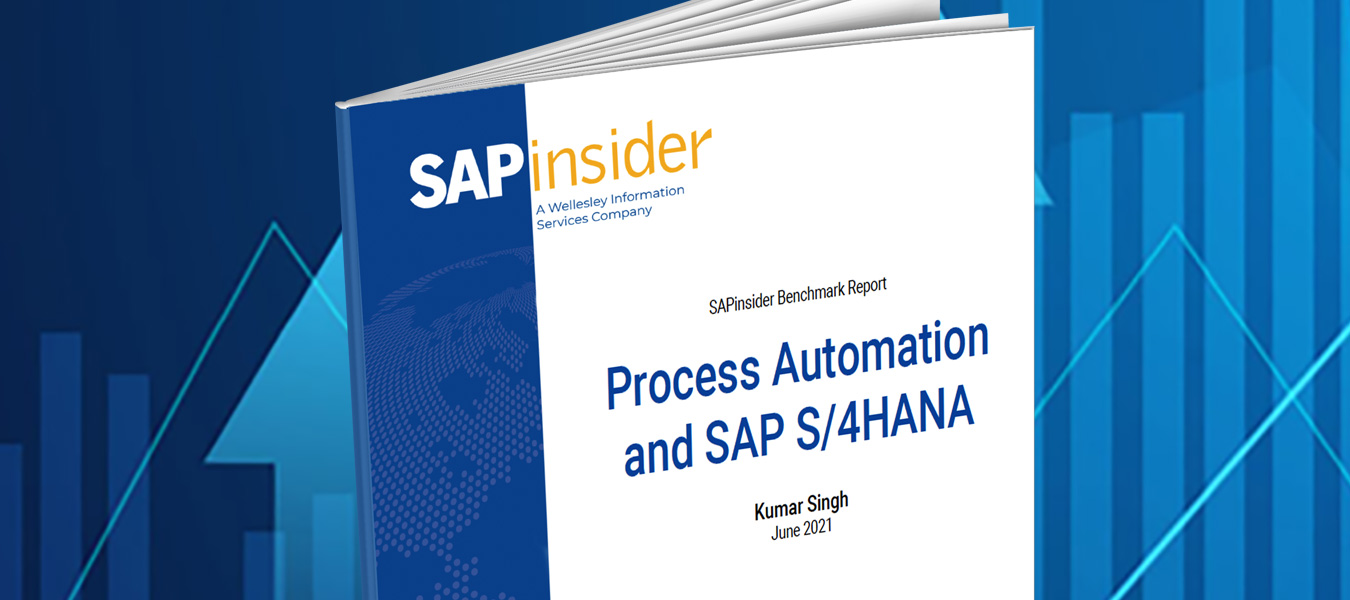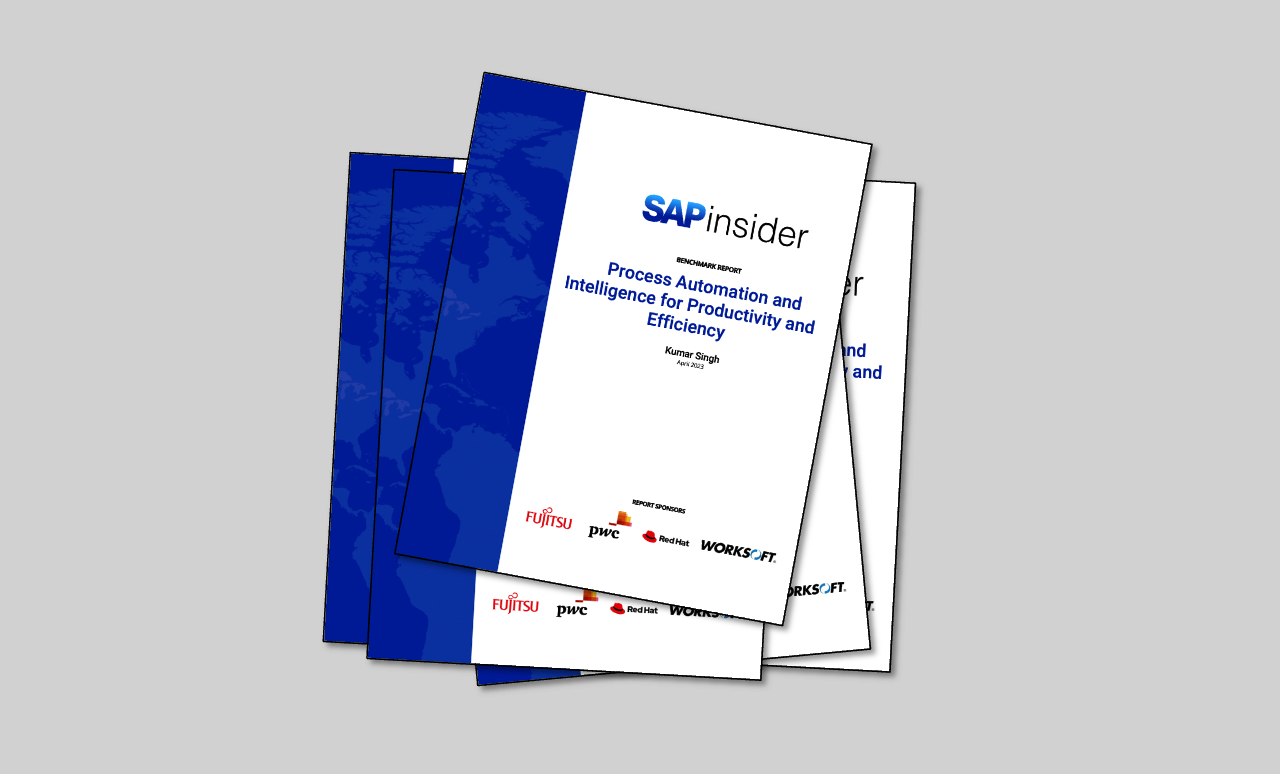Transforming Procurement Through Process Automation
Meet the Experts
Process automation has evolved into a strategic solution and is being leveraged across functions to generate efficiencies and build unique capabilities. Supply chain processes present ample opportunities to leverage this strategic tool and procurement-related processes are among the top ones in terms of focus area. Readers of this article will learn:
• What are some of the key areas within procurement that can be transformed using process automation?
• How can process automation impact process efficiencies in these areas?
• What type of process automation solutions are available in SAP and SAP Partner technologies ecosystem?









